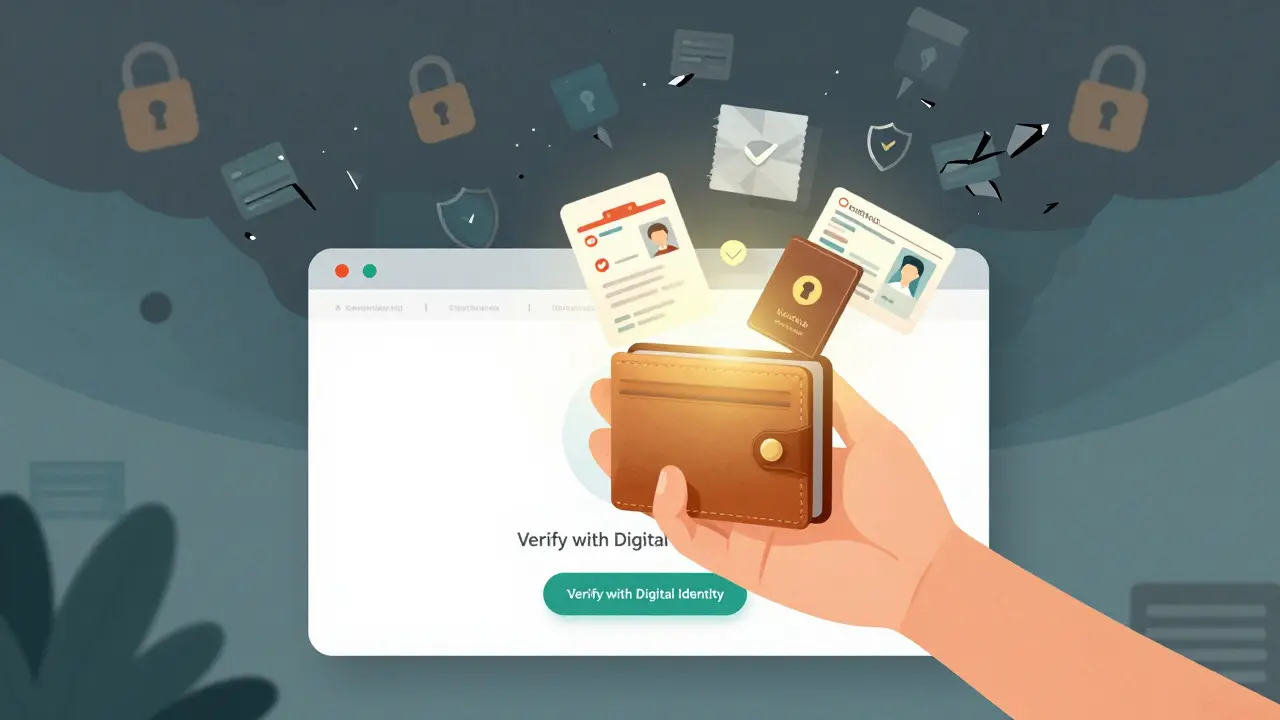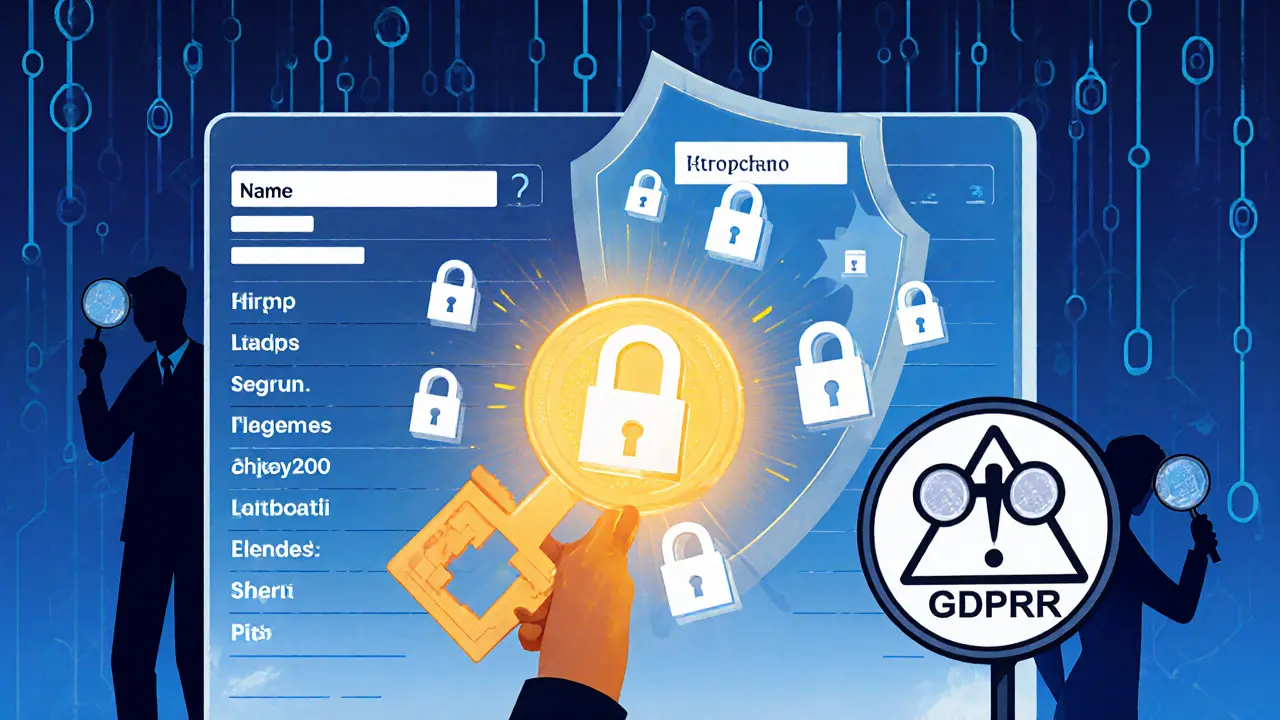Blockchain Identity: What It Is and Why It Matters for Crypto Users
When you use crypto, you’re not just sending money—you’re proving who you are. Blockchain identity, a system that lets users control their digital identity without relying on central authorities. Also known as self-sovereign identity, it’s what lets you log into DeFi apps, prove you’re not a bot, or claim an airdrop without handing over your passport. Unlike traditional logins that tie you to Google or Facebook, blockchain identity lives in your wallet. Your public address becomes your username. Your signed messages become your password. No middleman needed.
This isn’t just about convenience. It’s about control. If a crypto exchange gets hacked, they lose your funds. But if your blockchain identity is compromised, they lose you—your reputation, your access, your history. That’s why KYC, the process exchanges use to verify your real-world identity is so messy. You upload your ID to a platform that might get breached, and now your name, address, and face are out there forever. Blockchain identity flips that. You decide what to share, when, and with whom. Some projects even let you prove you’re over 18 without showing your birthdate. Others let you prove you’ve completed a course or held a token for a year—without revealing your wallet history.
But it’s not perfect. digital identity, the broader concept of how we represent ourselves online on blockchain still struggles with adoption. Most users don’t know how to manage their keys, let alone set up a verifiable credential. And while cross-chain bridges and interoperability protocols make it possible to move assets between networks, they don’t yet make it easy to move your identity with them. That’s why scams thrive: if you can’t prove you’re the real owner of a wallet, fraudsters step in. Phishing attacks don’t just steal keys—they steal trust. And once your identity is tied to a compromised address, you’re stuck with it.
That’s where the posts below come in. You’ll find real examples of how blockchain identity plays out in the wild—from the legal risks of crypto trading in Bangladesh to how Indonesian traders stay compliant under strict rules. You’ll see how exchanges handle KYC, why some platforms get shut down for poor compliance, and how new systems are trying to make identity verification faster, safer, and truly user-owned. No theory. No fluff. Just what’s happening now, and what you need to know to protect yourself.







